WHO to discuss Covid-19 and Ukraine at World Health Assembly
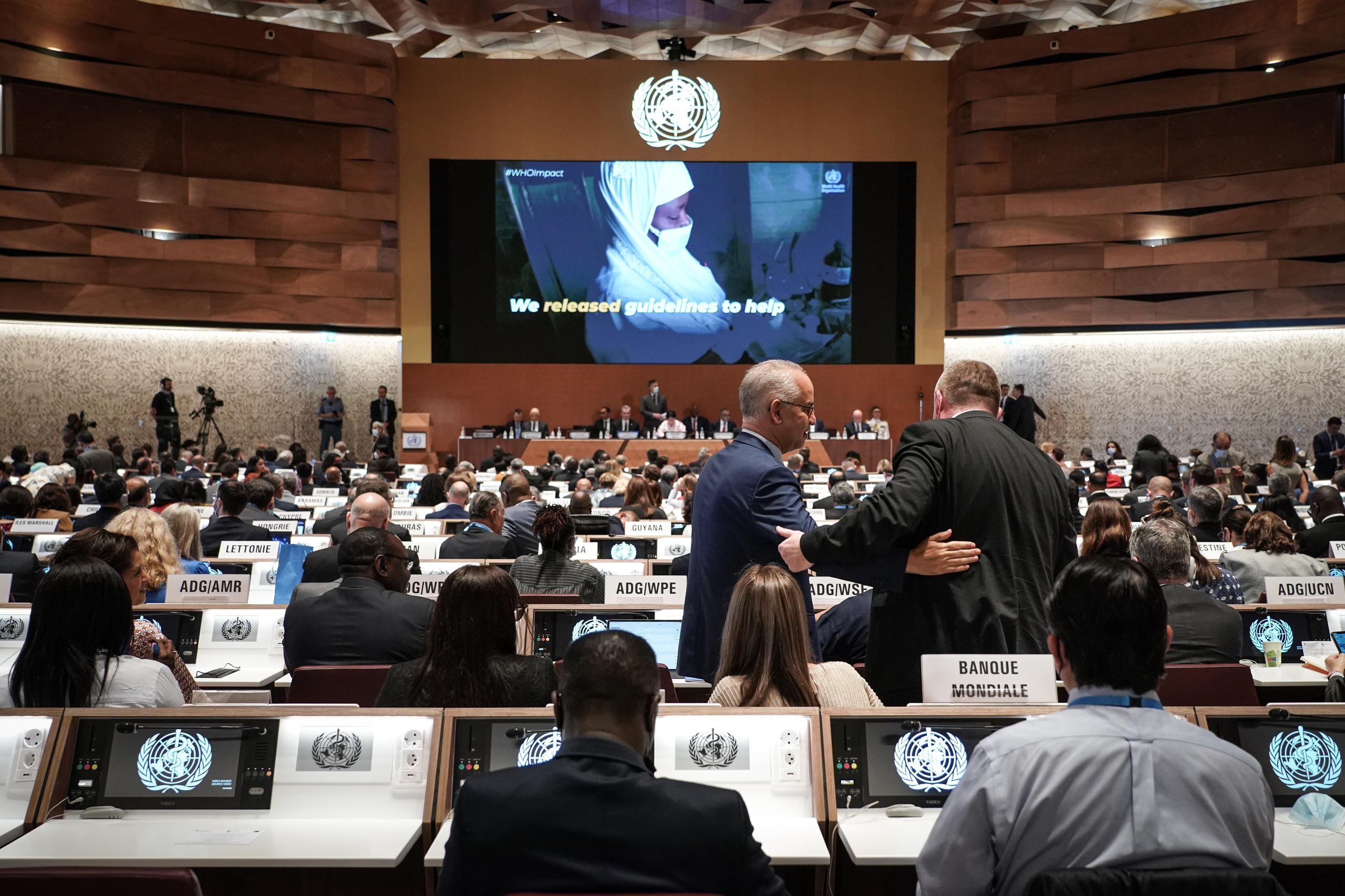
The World Health Assembly (WHA) has started in Geneva with a focus on the ongoing pandemic and future health emergencies. Numerous issues including financial reform, amendments to health regulations, and the impact of the war in Ukraine will also be discussed.
The decision-making body of the World Health Organization (WHO), the annual assembly is taking place from May 22-28 at the United Nations Palais des Nations complex in Geneva under the theme “Health for peace and peace for health”. It is the first face-to-face meeting in three years.
What’s top of the agenda this year?
At this year’s 75th Assembly, 194 WHO member states are expected to discuss the mounting challenges facing the world health body: health regulation for future pandemics, financial contributions, and the situation in Ukraine. The agenda is broad, and 73 items will be considered, from non-communicable diseases to sexual exploitation by WHO staff, peacebuilding in WHO’s work, polio eradication, and the healthcare workforce.
“No country was fully prepared for a pandemic of this scope,” said Peter Singer, special advisor to the WHO director-general, at a press conference ahead of the Assembly. WHO preparedness and response to health emergencies is going to be one of the main priorities at this year’s WHA.
The unprecedented scale of Covid-19 transmission has caused 520 million cases of Covid-19, and the WHO has recordedExternal link more than six million deaths. New WHO data estimatesExternal link three times as many people may have died when the indirect impact of the Covid-19 is included. There were an estimated 14.9 million excess mortalities in 2020-2021: these are likely to be deaths caused by inability to receive treatment for other illnesses, because of the overburdened health systems.

More
Coronavirus: the situation in Switzerland
“While there are laudable efforts to better protect everyone from the current and next pandemic threat, these remain slow, fragmented, and too focused on bureaucratic processes and not enough on results,” warnedExternal link Ellen Johnson Sirleaf, former co-chair of the Independent Panel for Pandemic Preparedness and Response (IPPPR) External linkon May 18. The panel proposed many reforms last May to prepare for future threats, but they have not been fully implemented. The former co-chairs’ new reportExternal link reveals “insufficient, inequitable, and now flagging attention to addressing Covid-19”.
“No one is safe from Covid-19 until everyone is safe”, the WHO constantly insists. Yet, WHO suggests only 16% of people in low-income countries have received a single vaccine dose compared to 80% in high-income countries.
“There are some very important lessons to be learnt there in terms of global approaches to medical innovations for pandemic response… the initial target of 70% global vaccination by mid-2022 couldn’t be reached,” Kate Elder, senior vaccines policy advisor at NGO Médecins Sans Frontières, told SWI swissinfo.ch.
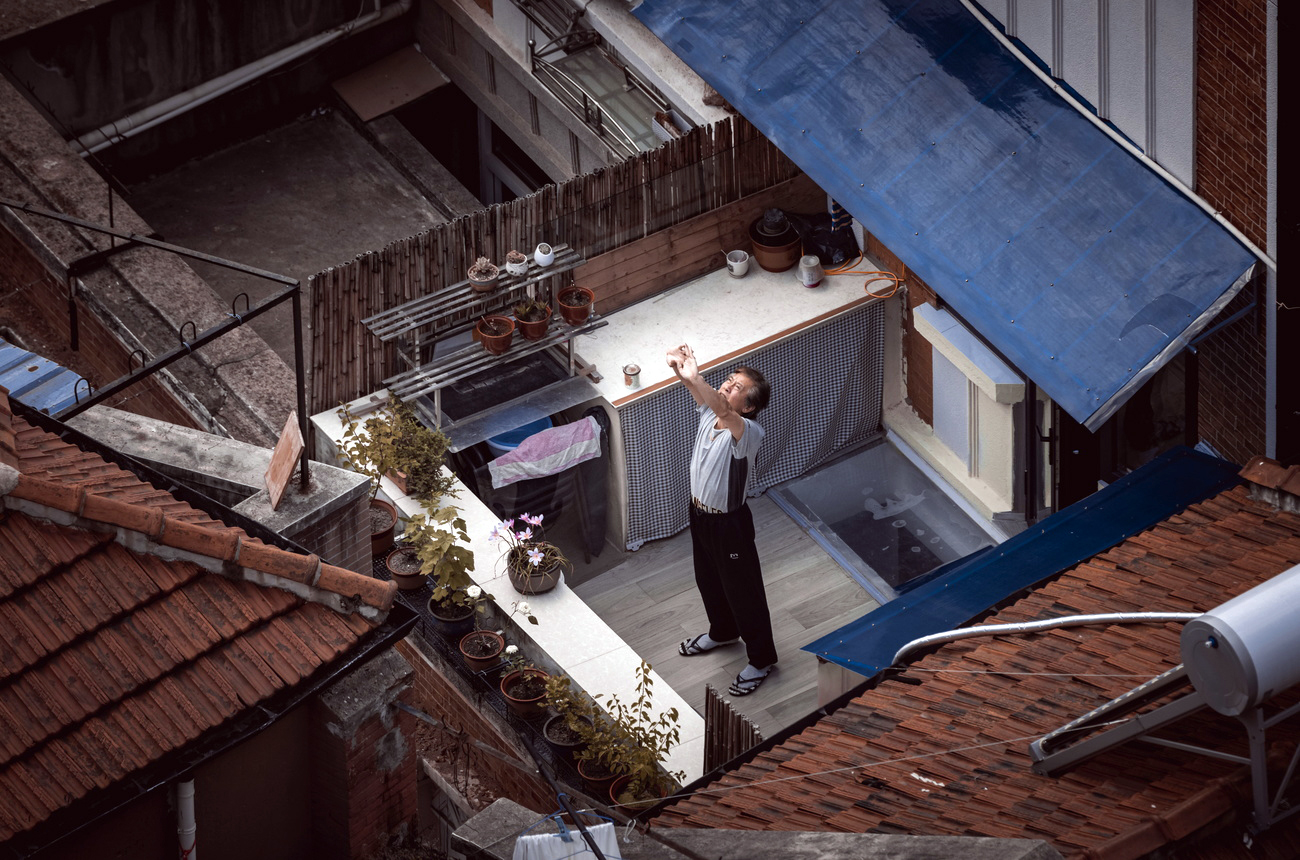
More
How committed is the world to a stronger WHO?
What are the likely sticking points?
One of the most important issues to be discussed is the International Health Regulations. An amendment to the legally binding framework has been proposedExternal link by the United States. It includes a demand for faster information-sharing of pandemic warnings by members. The Trump administration blamed China for being too slow to share information when Covid cases were first found in Wuhan. But it is not clear how much support the US will get for its proposal and whether the changes it’s seeking will be agreed b y the assembly
Anything else on the agenda?
“One of the major problems is funding, only about 20% of it is fixed contributions on which the WHO can sustainably rely, if nothing serious happens, and the remaining 80% is voluntary contributions,” Alain Berset, Switzerland’s health minister, said at the WHA last year.
WHO resources rely heavily on voluntary contributions from governments such as the US, the UK and Germany, and from private donors such as the Bill and Melinda Gates Foundation and Gavi. Private funds tend to be allocated to specific programmes like polio eradication. The general budget of the WHO is chronically underfunded. Alain Berset pointed out that it is equivalent to the annual budget of just one hospital in Geneva.
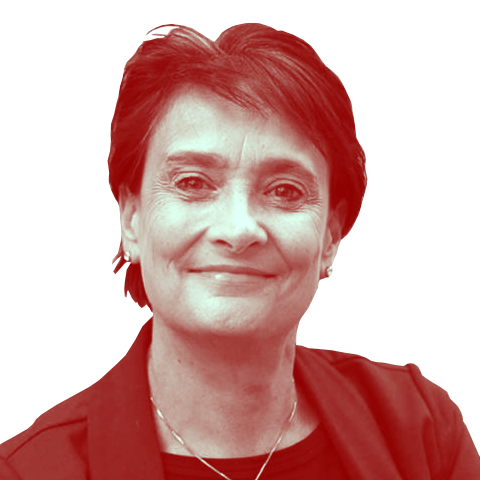
More
Making laws for health
The agreementExternal link to increase assessed contribution to 50% of the WHO’s budget is likely to be approved at the WHA. This deal will help make the WHO more financially independent.
– The situation in Ukraine
The consequences of the war on Ukraine’s local health system, in the region, and beyond are also on the agenda. The WHO’s surveillance system has recordedExternal link 236 attacks on healthcare in Ukraine, with 75 deaths and 59 injuries (figures up to May 20). Some Western countries would like to sanction Russia by excluding it from global health policymaking.
The WHO’s Regional Committee for Europe held a special session on May 10 and adopted a resolution entitled “Health Emergency in Ukraine and neighboring countries stemming from the Russian Federation aggression”.
It calls for the possible relocation of WHO’s noncommunicable diseases European office outside Russia. It also suggests suspending all WHO regional meetings in Russia. And it requests the WHO director general to report on the health situation in Ukraine at the upcoming assembly. The report is likely to be addressed on Wednesday.
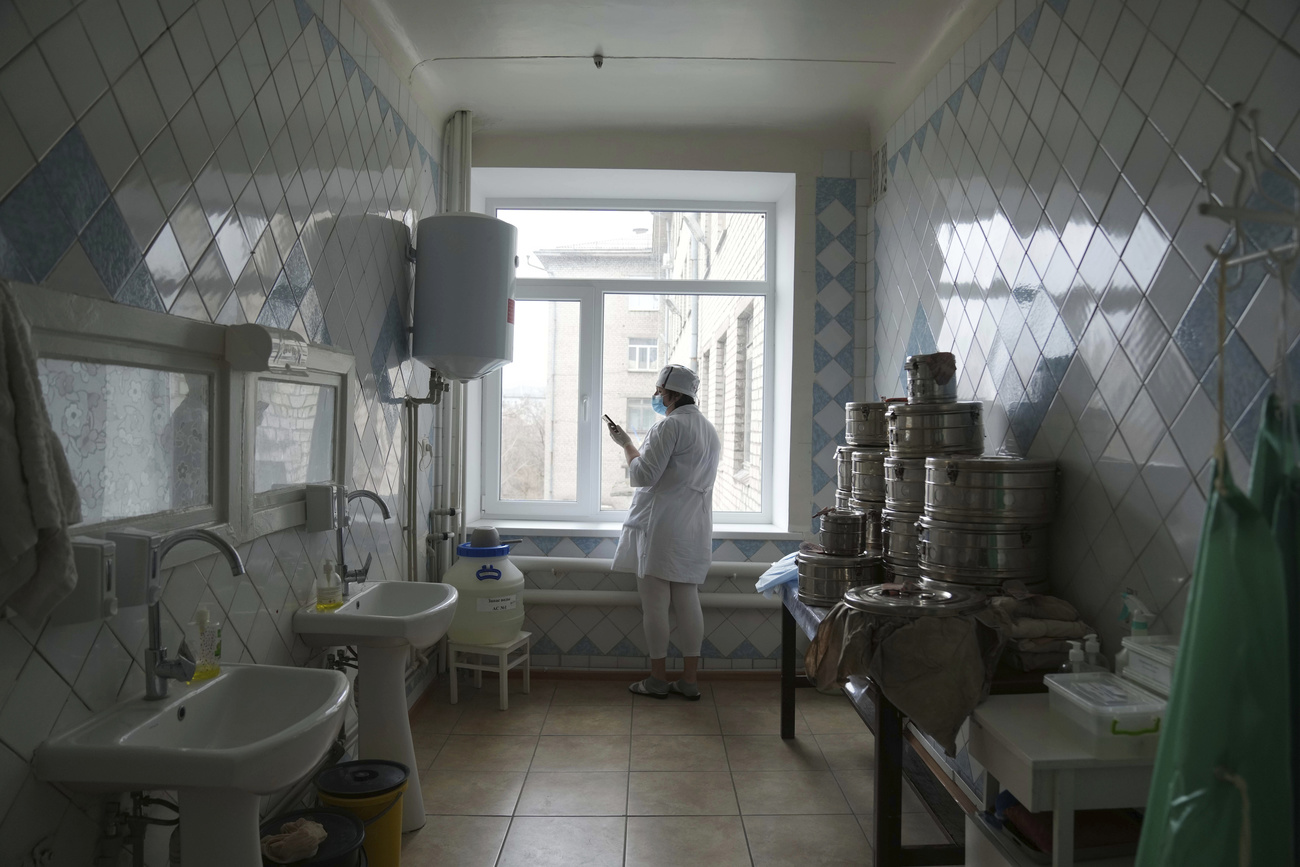
More
Ukraine war threatens to derail development of new cancer treatments
– Sexual abuse and harassment
The report on sexual abuse by WHO staff during the Ebola epidemic in the Democratic Republic of the Congo from 2018 to 2020, and the management plan to prevent sexual exploitation will be presented to the member states at the WHA.
During the operation to tackle Ebola, 83 aid workers committed sexual abuse, among them 21 were WHO employees. The investigation report by the independent commission, which was released in September 2021, concluded that the organisation did not take adequate actions to prevent it. The WHO’s stated policy is zero tolerance towards sexual exploitation and abuse and sexual harassment.
– Election of director-general
The next head of the WHO will be decided at the Assembly too. The current WHO chief, Tedros Adhanom Ghebreyesus, has been nominated by France and Germany. Since he is the only candidate, the former Ethiopian health and foreign minister will be reappointed as director-general for a second five-year term.
So what’s going to happen?
All of the discussions at this year’s WHA could take time to become reality, warn the former co-chairs of the IPPPR, who investigated various dimensions of the pandemic. Amendments to the International Health Regulations will require two years to come into force. The increase of assessed contributions to cover 50% of the WHO’s base budget should be fully effective by 2030.
Clearly, more global coordination is necessary, and there will be a discussion on a new legal instrument, like a “pandemic treaty”. But no decision is expected; efforts to include all pandemic reform issues into a new legally binding treaty, even if they are successful, could take years.
Edited by Imogen Foulkes

More
The changing face of International Geneva

In compliance with the JTI standards
More: SWI swissinfo.ch certified by the Journalism Trust Initiative

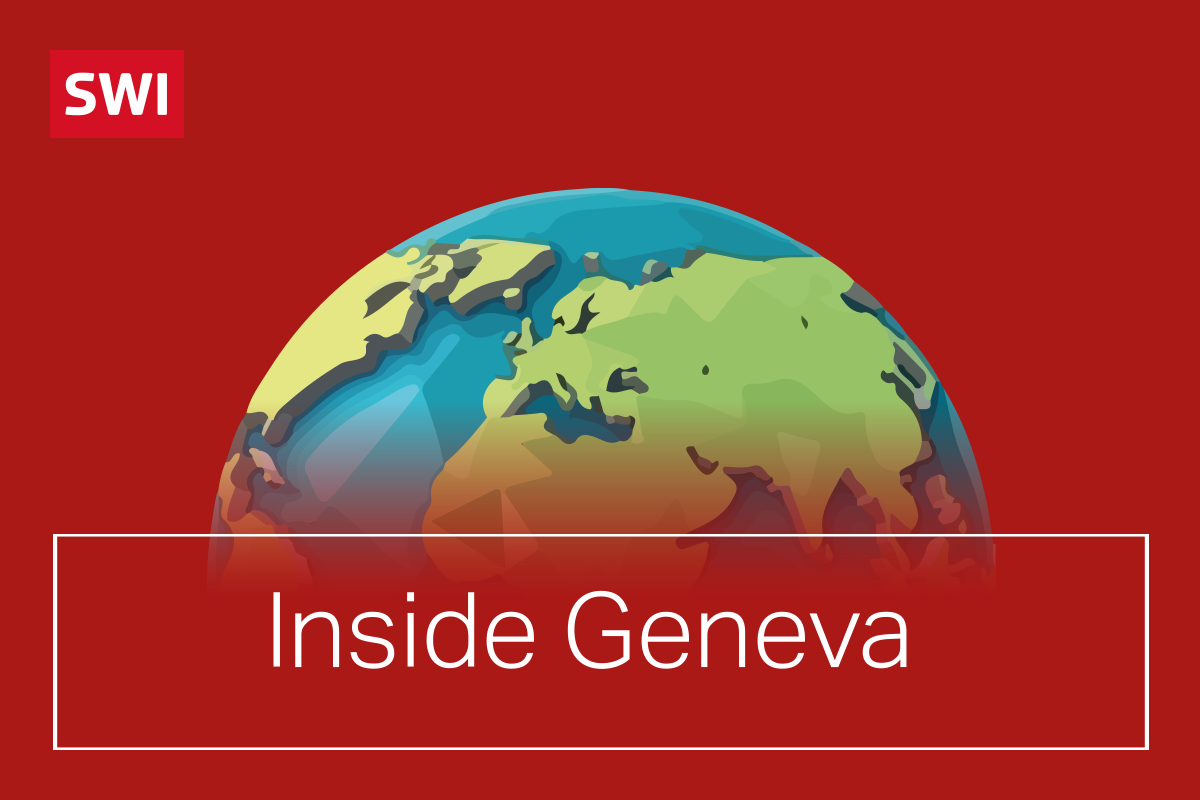
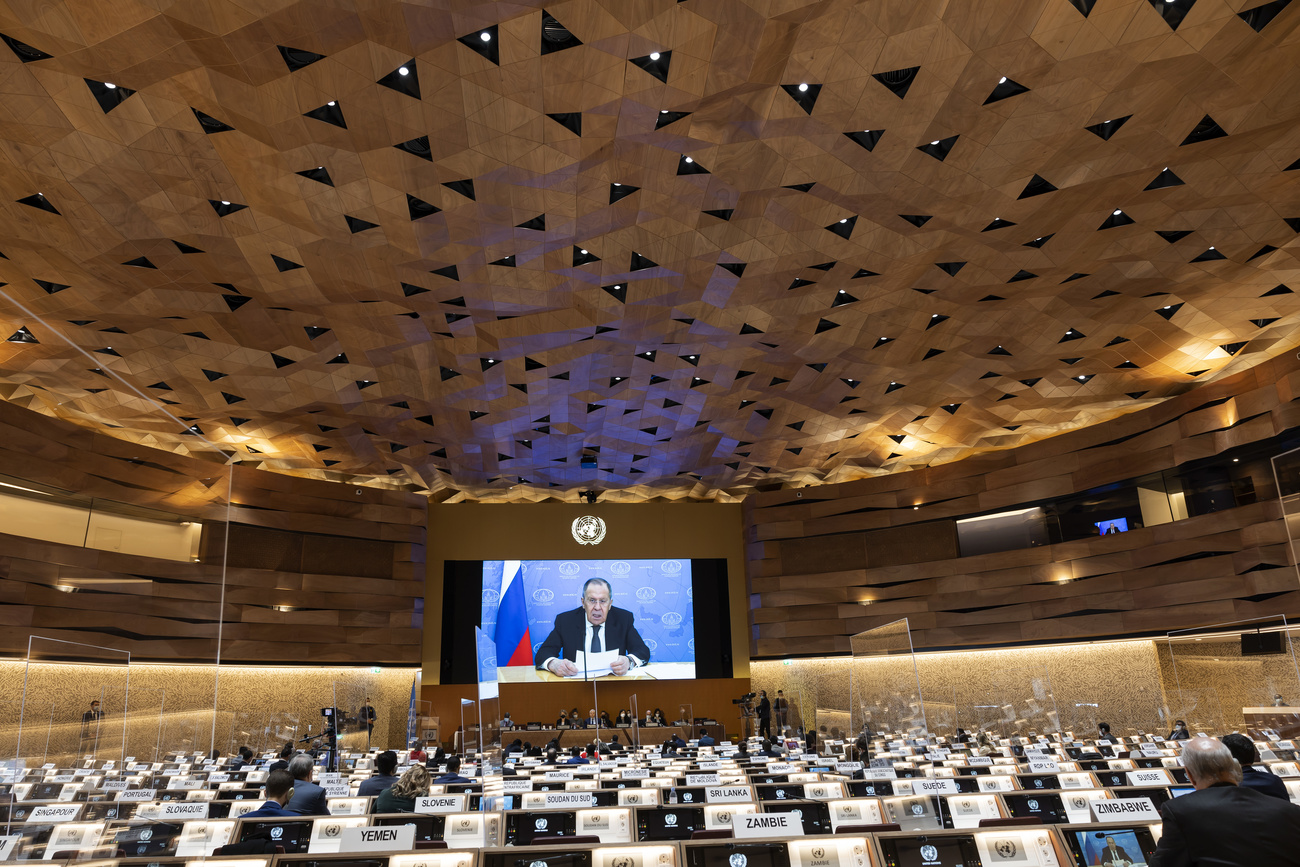
Join the conversation!